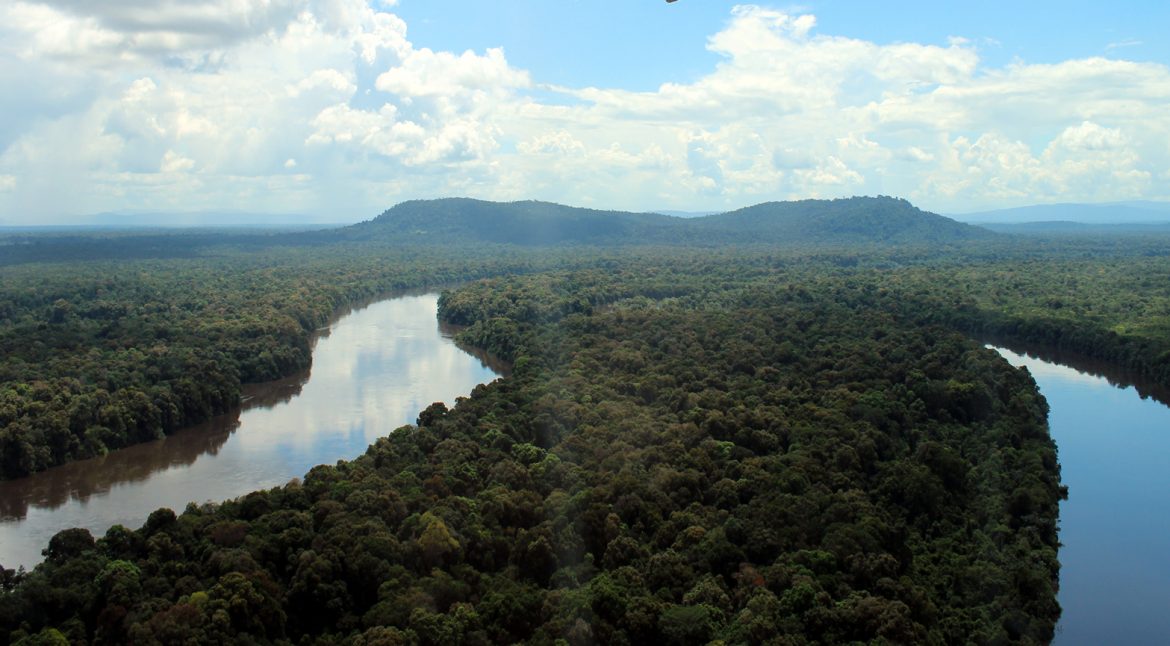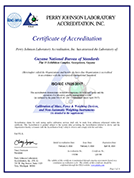Yesterday, June 05, Guyana joined other countries to celebrate World Environment Day under the theme: “Eco-system restoration.” Ecosystem restoration addresses the recovery of ecosystems that have been degraded or destroyed, as well as conserving the ecosystems that are still intact. The Guyana National Bureau of Standards (GNBS) possesses a range of environment related standards, which can support the protection of the environment, and more specifically help to mitigate adverse impacts on eco-systems.
These standards include the GYS 250: 2003 ISO 14031:1999 Environmental management – Environmental performance evaluation – Guidelines, GYS 207:2002 Interim guidelines for industrial effluent discharge into the environment; and the GYS 229:2004 Methods of sampling and testing for water and wastewater for microbiological and chemical elements. These standards provide guidance and requirements on environmental factors, which can affect the health of ecosystems.
Healthier ecosystems, with richer biodiversity, yield greater benefits such as more fertile soils, bigger yields of timber and fish, and larger stores of greenhouse gases.
Meanwhile, the International Organisation for Standardisation (ISO) has developed a management system standard that is implemented by establishments worldwide to reduce their impact on the environment – ISO 14001: 2015/2nd Rev Environmental management systems – Requirements with guidance for use.Locally, companies can consider implementing this standard.
ISO 14001 standard defines the requirements to develop and implement an environmental policy and objectives to reduce environmental pollution and monitor the impact of operations on the environment. It helps organizations to take into account legal and other requirements to which they subscribe and information about significant environmental aspects.
The implementation of this standard can enhance the operations of businesses through guided improvements to reduce their negative impacts.
With an environmental management system, businesses can reduce energy consumption resulting in reduced bills, waste and ultimately demonstrate to their customers that they are operating responsibly. The EMS is a “tool” that enables organizations of any size or type to control the impact of their activities, products, or services on the environment.
Additionally, the standard aims to establish preventive controls to mitigate the effects of accidents and emergencies on the environment and to have businesses operate in an environmentally friendly and energy efficient environment. The standard helps to support environmental protection and prevention of pollution in harmony with socioeconomic needs.
At the GNBS, we firmly believe that the theme chosen to commemorate World Environment Day 2021 should not be taken lightly, but it should point us in a direction of care for our local surroundings and the ecosystems lying within. We can also work to restore our environment in many ways – for example, through actively planting or by removing pressures so that nature can recover on its own.
Finally, it is estimated that between now and 2030, the restoration of 350 million hectares of degraded terrestrial and aquatic ecosystems could generate US$9 trillion in ecosystem services. Restoration could also remove 13 to 26 gigatons of greenhouse gases from the atmosphere. The economic benefits of such interventions exceed nine times the cost of investment, whereas inaction is at least three times more costly than ecosystem restoration.
For further information, please contact the GNBS on telephone numbers: 219-0064/65/66. You can also visit the GNBS Facebook and Instagram pages for regular updates.






